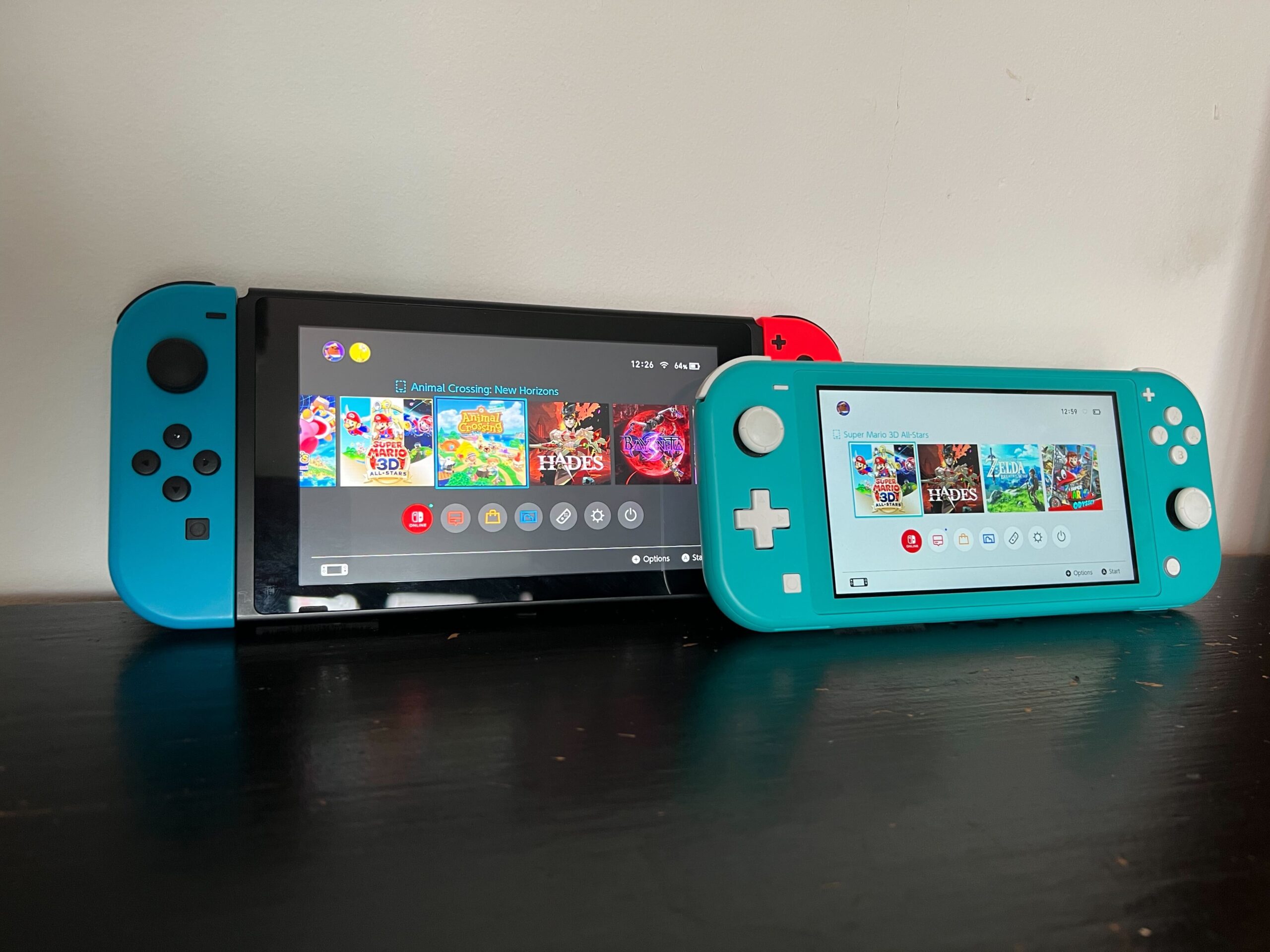How to Choose the Right Gaming Console for Your Needs
- May 11, 2023
- 312

The first step in choosing the right gaming console that suits your needs is to evaluate your gaming preferences and habits. You need to ask yourself a series of questions in order to determine the type of console that will best cater to your gaming interests. What type of games do you enjoy playing the most? Are you a casual or a hardcore gamer?
Do you prioritize graphics and performance, or are you more concerned about the game library and exclusive titles? Are you an online multiplayer enthusiast or do you prefer single-player campaigns? Once you've answered these questions, make a list of your priorities and preferences, which will help you in narrowing down your options. Remember, there is no such thing as the "best" gaming console for everyone.
Each individual has unique gaming needs, and the ideal console for you might be different from what works best for others. So, make sure to keep your specific gaming preferences in mind while considering different consoles.
Research the Market and Compare the Leading Gaming Consoles
Now that you know your specific gaming needs, it's time to get familiar with the current market and compare the leading gaming consoles. At present, the three major gaming console manufacturers are Sony, Microsoft, and Nintendo. Each of these companies has its flagship console, namely the Sony PlayStation 5, Microsoft Xbox Series X/S, and the Nintendo Switch.
 When comparing these consoles, consider factors such as hardware capabilities, game library, exclusive titles, backward compatibility, online multiplayer experience, and the overall ecosystem of each platform. Furthermore, explore the various console sub-versions and bundles available, as they might cater to your specific preferences or budget constraints. For instance, if you prefer digital gaming, the Xbox Series S or PlayStation 5 Digital Edition might be a better fit for you than their disc-based counterparts.
When comparing these consoles, consider factors such as hardware capabilities, game library, exclusive titles, backward compatibility, online multiplayer experience, and the overall ecosystem of each platform. Furthermore, explore the various console sub-versions and bundles available, as they might cater to your specific preferences or budget constraints. For instance, if you prefer digital gaming, the Xbox Series S or PlayStation 5 Digital Edition might be a better fit for you than their disc-based counterparts.
Consider the Cost and Value Proposition
Once you have narrowed down your options based on your gaming preferences and market research, it's crucial to consider the cost and value proposition of each console. The cost of a gaming console is not limited to its initial purchase price; you should also factor in the expenses associated with games, accessories, and online services. Create a projected budget, factoring in the cost of the console itself, essential accessories, games you'd like to purchase, and subscription fees for online services like PlayStation Plus, Xbox Game Pass, or Nintendo Switch Online.
 This will give you a clearer idea of the total cost of ownership for each console, and help you determine which console offers the best value for your money. Remember, a cheaper console might not always be the most cost-effective option in the long run, especially if its game library or online services do not cater to your gaming preferences. Conversely, a more expensive console might offer better value if it provides access to a vast library of games, robust online services, and a thriving gaming community.
This will give you a clearer idea of the total cost of ownership for each console, and help you determine which console offers the best value for your money. Remember, a cheaper console might not always be the most cost-effective option in the long run, especially if its game library or online services do not cater to your gaming preferences. Conversely, a more expensive console might offer better value if it provides access to a vast library of games, robust online services, and a thriving gaming community.
Factor in the Importance of Backward Compatibility and Cross-Platform Play
Backward compatibility and cross-platform play are essential factors to consider when choosing a gaming console, especially for those who have an existing library of games or friends who play on different platforms. Backward compatibility allows you to play games from previous console generations on the newer console, adding value to your investment.
Currently, the Xbox Series X/S offers the most comprehensive backward compatibility options, followed by PlayStation 5, while the Nintendo Switch has limited backward compatibility capabilities. Cross-platform play, on the other hand, enables you to play online multiplayer games with friends who own different consoles. While not all games support cross-platform play, its prevalence is increasing, and it's worth considering when choosing a console. If playing with friends on different platforms is important to you, research the cross-platform capabilities of the consoles and games you're interested in to make an informed decision.
Seek Opinions from Friends, Online Reviews, and Gaming Communities
Last but not least, seek opinions from friends, online reviews, and gaming communities in order to gather additional insights and make an informed decision. While your personal preferences and priorities should be the driving force behind your decision, getting feedback from others can help you identify potential issues or benefits that you might have overlooked.

Online forums, social media groups, and video platforms like YouTube are great sources of information, offering reviews, comparisons, and discussions on various gaming consoles. Make sure to check multiple sources and consider both the pros and cons presented by different reviewers, as individual preferences and biases can influence their opinions.
Ultimately, make a well-informed decision based on a combination of your own preferences and the collective wisdom of the gaming community. In conclusion, choosing the right gaming console is a personal and multifaceted decision that requires careful consideration of your gaming preferences, budget, and the available options in the market. By following this comprehensive guide, you can ensure that you select the ideal gaming console that caters to your unique needs and enhances your overall gaming experience. Happy gaming!